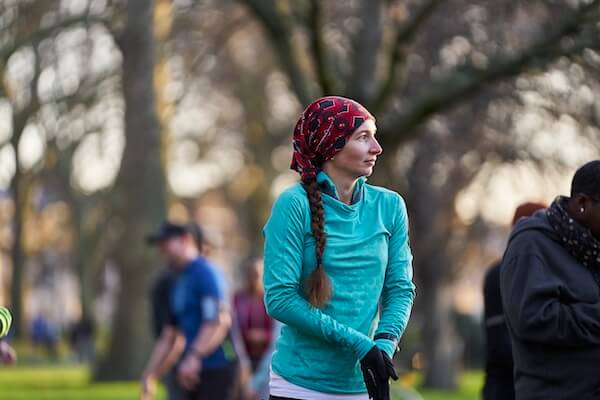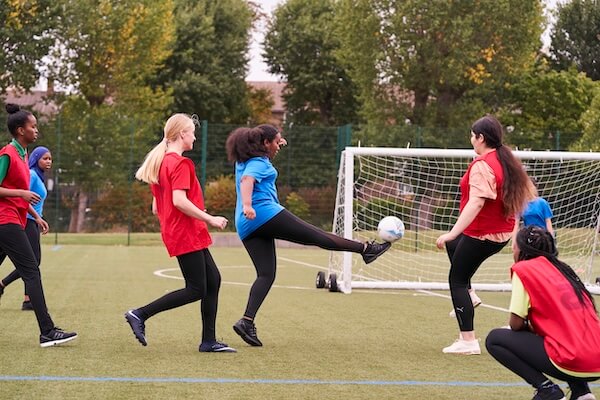
Unlock the Power of Movement: Your Best Defence Against Chronic Disease in Later Life
As we gracefully navigate the journey of ageing, maintaining our health becomes an even greater focus. While some health challenges might seem inevitable, new research consistently highlights a powerful and accessible tool at our disposal: physical activity. Far from just keeping us fit, regular movement plays a crucial role in preventing and managing a wide range of chronic diseases that often accompany older age.
A recent study published in Nature Medicine underscores just how impactful even modest increases in daily physical activity can be. It suggests that simply adding around 15 minutes of brisk walking five days a week could significantly reduce the burden of disease. This isn't about becoming an elite athlete; it's about integrating more movement into our everyday lives, and the benefits are truly compelling.
The Invisible Shield: How Activity Fights Disease
So, how does physical activity act as such a strong defence? It works on multiple fronts:
- Heart Health Hero: Regular movement strengthens your heart, improves blood circulation, and helps manage blood pressure and cholesterol levels. This significantly reduces your risk of heart disease and stroke, two of the leading health concerns for older Australians.
- Blood Sugar Balancer: Physical activity helps your body use insulin more effectively, which is vital for managing blood sugar levels. This is a key factor in preventing and even reversing Type 2 diabetes.
- Bone and Muscle Power: As we age, we naturally lose bone density and muscle mass. Weight-bearing exercises and strength training help to counteract this, building stronger bones and muscles. This not only reduces the risk of osteoporosis but also improves balance and reduces the likelihood of falls – a major concern for older adults.
- Cancer Combatant: Research increasingly shows a link between physical activity and a reduced risk of several types of cancer, including bowel, breast, and uterine cancers. While the exact mechanisms are complex, it's thought to be related to better hormone regulation, improved immune function, and maintaining a healthy weight.
- Brain Booster: Staying active isn't just good for your body; it's great for your brain too. Regular physical activity is associated with a reduced risk of cognitive decline and dementia, helping to keep your mind sharp and agile.
- Mood and Mental Wellbeing: Beyond the physical benefits, movement is a fantastic mood enhancer. It can reduce symptoms of depression and anxiety, improve sleep quality, and boost overall feelings of wellbeing.
Small Steps, Big Impact
The good news is you don't need to embark on a rigorous training regimen to reap these benefits. The key is consistency and finding activities you enjoy. Think about how you can weave more movement into your daily routine:
- Walk More: Take the stairs instead of the lift, park a bit further away, or simply enjoy a brisk walk around your local park.
- Gardening & Housework: These everyday activities can be excellent forms of physical activity. Digging, sweeping, and carrying can all contribute to your daily movement goals.
- Social Activities: Join a walking group, a lawn bowls club, or try a gentle dance class. Connecting with others while being active adds a wonderful social dimension to your health journey.
- Strength and Balance: Incorporate simple strength exercises using your own body weight, or try activities like Tai Chi for improved balance and flexibility.
Before starting any new exercise program, especially if you have existing health conditions, it's always a good idea to chat with your doctor. They can help you determine the most suitable activities for your individual needs.
Embracing a more active lifestyle isn't just about adding years to your life; it's about adding life to your years. By prioritising movement, you're not just preventing disease; you're investing in a healthier, happier, and more independent future.
References:






